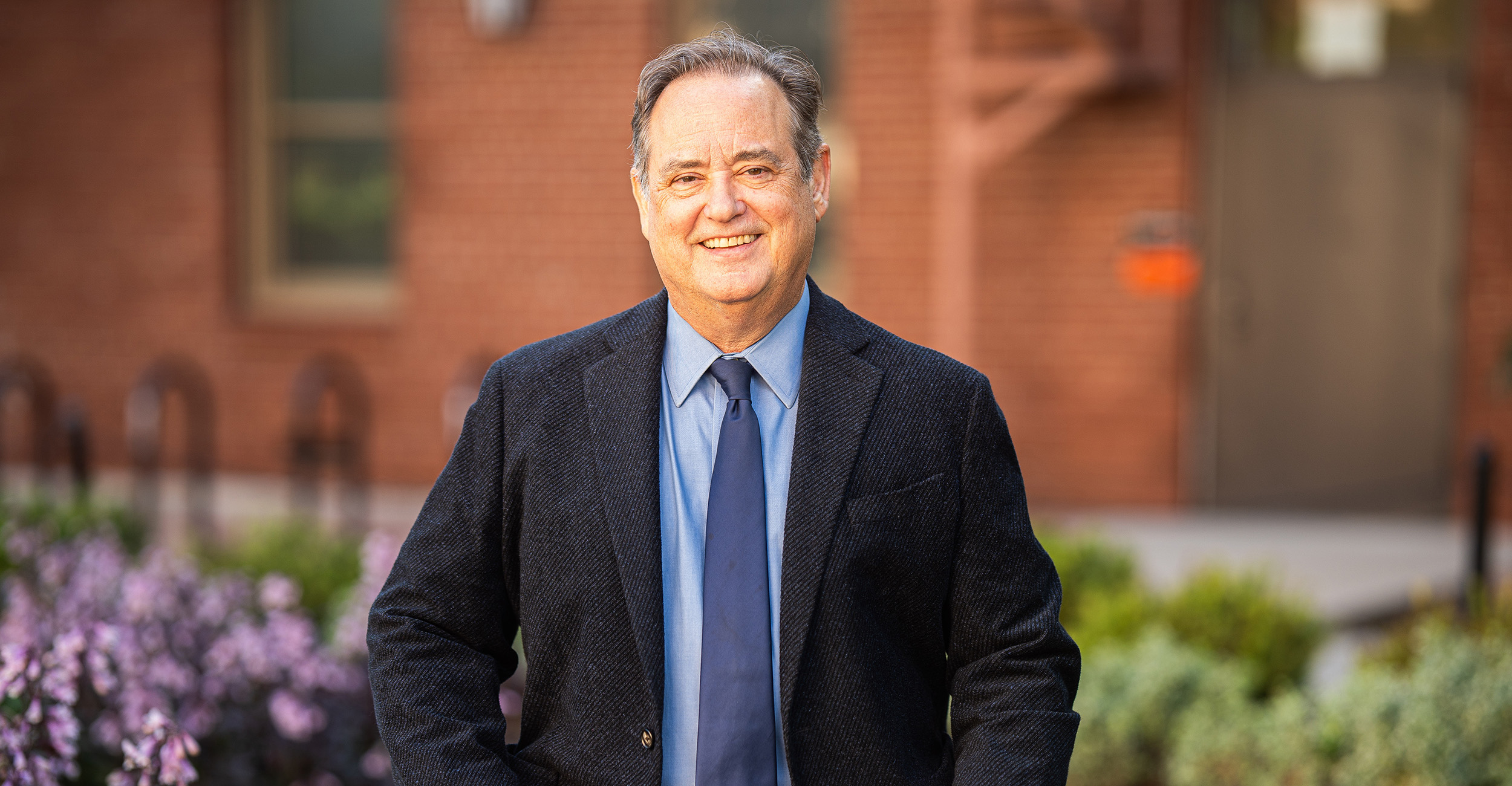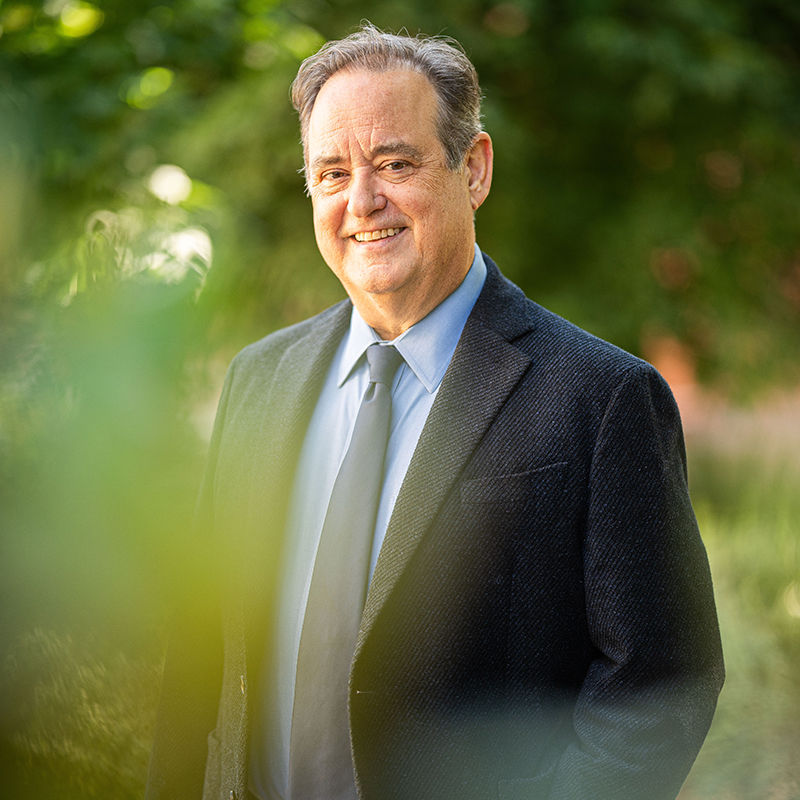
Cite for Sore Eyes: FTC points to Pivateau's research
Thursday, June 20, 2024
Media Contact: Terry Tush | Director, Marketing and Communications | 405-744-2703 | terry.tush@okstate.edu
As the Puterbaugh Professor of Legal Studies at the Spears School of Business, Griffin Pivateau has extensively researched and written about employment law and its impact on the business environment, as well as worker mobility, discrimination and dispute resolution.
Two decades of exploring these topics have turned Pivateau into a go-to expert for the media, academic journals and the federal court system.
How much of an expert? On April 23, the Federal Trade Commission cited Pivateau’s work in its final rule banning noncompete clauses nationwide, a landmark decision that could potentially change the business landscape for millions of American workers.
“There are a lot of talented and capable people working in this area, many of whom I’ve worked with, and to see my article cited out of the dozens of articles published in the last 10 years — it just struck me as very inspiring,” Pivateau said. “Ultimately, as academics, we want to have an impact in the real world. To see this sort of impact, wherein government policy is now being changed pursuant to something you wrote, I think that’s pretty incredible, and it really gave me an immense feeling of pride.”
A noncompete is a clause in an employment contract that prevents a worker from seeking or accepting employment with another business or starting a new business following the conclusion of their time with that company.

The FTC estimates that 30 million Americans — nearly 1-in-5 U.S. workers — were subject to a noncompete clause, and that this new rule will lead to more than 8,500 additional new businesses created each year — a year-over-year jump of 2.7%
The FTC expects the rule to result in higher earnings for workers, with estimated earnings increasing for the average worker by an additional $524 per year. The FTC also expects the rule to lower health care costs by up to $194 billion over the next decade. In addition, the rule is expected to help drive innovation, leading to an estimated average increase of 17,000 to 29,000 more patents each year.
This all lines up with Pivateau’s research findings. He saw the winds of business law changing direction and anticipated the ruling for quite some time. In fact, Pivateau was writing a paper foreseeing the FTC ban when the ruling was published. For him, the timing couldn’t have been more perfect because he got to share the excitement with his students before the semester ended.
“We are immensely proud of Griffin Pivateau’s groundbreaking research, which has not only contributed significantly to the academic discourse of his students at Oklahoma State University but also has real-world impact,” said Dr. Jim Payne, dean of Spears Business. “This recognition from the FTC underscores our commitment to empowering faculty and students to make a difference in their respective fields and the nation at large.”
Opponents of noncompete agreements point to many issues caused by these clauses, including a reduction in job mobility, lower bargaining power, wage stagnation and less favorable working conditions. Making things even more murky is that, until now, laws governing these agreements were decided on a state-by-state basis.
Oklahoma was one of just three states that historically banned noncompetes, joining California and North Dakota. Pivateau attributes Oklahoma’s historical ban of these contracts to the state’s populist roots and the organized labor efforts that were a hot political topic during the state’s formative years. In fact, Oklahoma’s state motto is “labor omnia vincit,” which translates to “work conquers all.”
With noncompetes now off the table, Pivateau is quick to point out that employers can still protect themselves with contract clauses that guard against the theft of intellectual property, as well as customer and employee solicitation. These types of clauses can safeguard the company while still allowing for employee mobility.
Pivateau’s research suggests innovation is spurred when noncompete clauses are banned. California, which does not allow noncompetes, is a hub of technological innovation thanks to Silicon Valley.
“The bloom of technology we saw in California in the late 20th century and the early 21st century was enabled by the fact that people could easily take their skills from one job to another,” Pivateau said. “That may have led to a temporary hardship on the former employer. But now, guess what? They can go hire somebody away from another firm. So, the idea is that a rising tide lifts all boats, and that’s what we hope to see nationwide.”
Story by: Stephen Howard | Engage@Spears magazine
Photos by: Adam Luther
